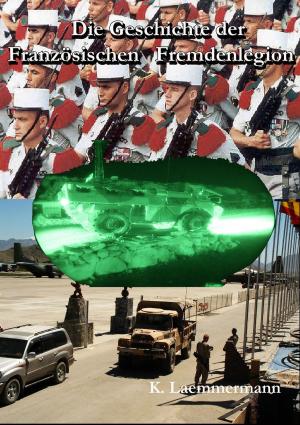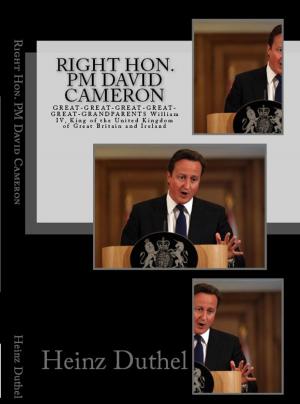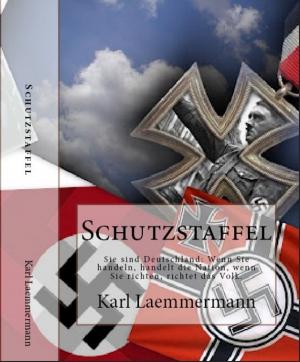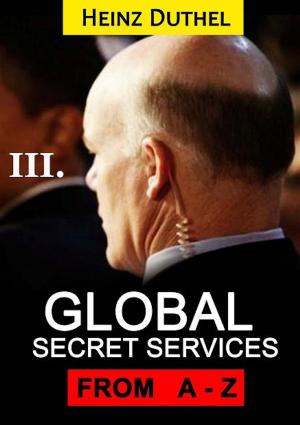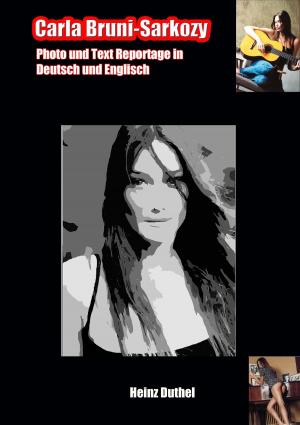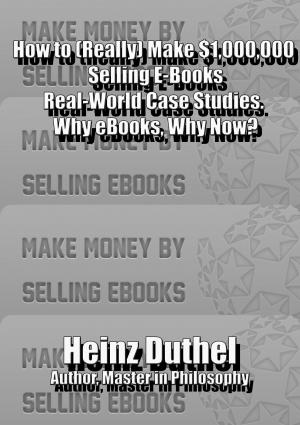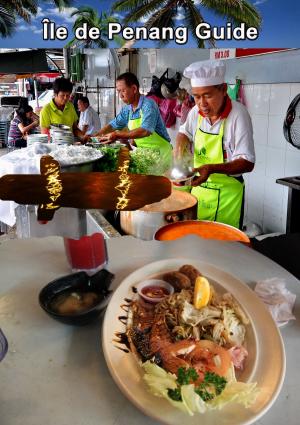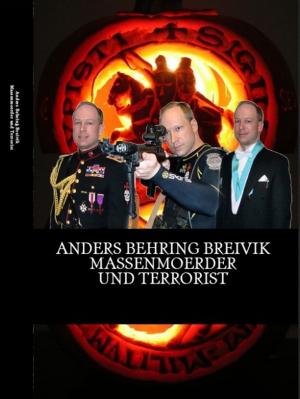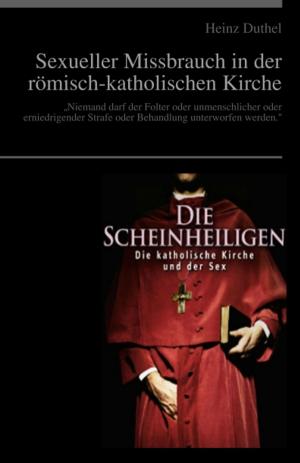| Author: | Heinz Duthel | ISBN: | 1230000127978 |
| Publisher: | Heinz Duthel | Publication: | April 25, 2013 |
| Imprint: | Language: | English |
| Author: | Heinz Duthel |
| ISBN: | 1230000127978 |
| Publisher: | Heinz Duthel |
| Publication: | April 25, 2013 |
| Imprint: | |
| Language: | English |
-The Professionals - Politic & Crime – International Moneylaundering- Tax Fraud
London and Delaware washes whiter
This book is dedicated to Dr. Winfried Maier, ex Public Prosecutor in Augsburg, Germany.
Dr. Maier statement: “ For ordered crime reports or investigation I am not willing to sign such documents.” (He lost is job as prosecutor and investigator and is now Family Judge)
Crooks and terrorists both need to move money around
Laundering ill-gotten gains is of necessity a murky business, and even the professionals - on both sides of the fence, legally speaking - take years to get to grips with it.
The explosion of interest in how terrorist groups fund their activities has added new concepts and ideas to the mix, muddying the water further.
But don't make the mistake of thinking that the two are identical. Laundering money and financing terrorism may share some techniques - but they are still very different activities.
On the one hand, money laundering is all about hiding the proceeds of criminal - or at least illegitimate - activity.
This could be anything: the biggest amounts, probably hundreds of billions of dollars each year, stem from the global narcotics trade, but bank robbers, embezzlers, fraudsters, tax dodgers - not to mention corrupt public servants and politicians - all need some way of making their money look legal when its origin is otherwise.
Cleaner than clean
Generally speaking, it's a three-stage process.
First comes placement, getting the money into the global financial system and away from where it was made in the first place.
Money launderers hide billions each year
Then comes layering: pushing the money through multiple transactions, using a number of countries and a handful of shell companies - also known as "brass plate" companies, bought off the shelf and with nominee directors standing in front of whoever really benefits.
Finally comes the integration: getting the money back to a place and form in which you, the original crook, can spend it.
Offshore finance is useful here. Any number of Caribbean and Pacific islands have very stringent privacy laws, sometimes preventing not only foreign investigators but even local ones from knowing who really controls a company or a bank account.
-The Professionals - Politic & Crime – International Moneylaundering- Tax Fraud
London and Delaware washes whiter
This book is dedicated to Dr. Winfried Maier, ex Public Prosecutor in Augsburg, Germany.
Dr. Maier statement: “ For ordered crime reports or investigation I am not willing to sign such documents.” (He lost is job as prosecutor and investigator and is now Family Judge)
Crooks and terrorists both need to move money around
Laundering ill-gotten gains is of necessity a murky business, and even the professionals - on both sides of the fence, legally speaking - take years to get to grips with it.
The explosion of interest in how terrorist groups fund their activities has added new concepts and ideas to the mix, muddying the water further.
But don't make the mistake of thinking that the two are identical. Laundering money and financing terrorism may share some techniques - but they are still very different activities.
On the one hand, money laundering is all about hiding the proceeds of criminal - or at least illegitimate - activity.
This could be anything: the biggest amounts, probably hundreds of billions of dollars each year, stem from the global narcotics trade, but bank robbers, embezzlers, fraudsters, tax dodgers - not to mention corrupt public servants and politicians - all need some way of making their money look legal when its origin is otherwise.
Cleaner than clean
Generally speaking, it's a three-stage process.
First comes placement, getting the money into the global financial system and away from where it was made in the first place.
Money launderers hide billions each year
Then comes layering: pushing the money through multiple transactions, using a number of countries and a handful of shell companies - also known as "brass plate" companies, bought off the shelf and with nominee directors standing in front of whoever really benefits.
Finally comes the integration: getting the money back to a place and form in which you, the original crook, can spend it.
Offshore finance is useful here. Any number of Caribbean and Pacific islands have very stringent privacy laws, sometimes preventing not only foreign investigators but even local ones from knowing who really controls a company or a bank account.

